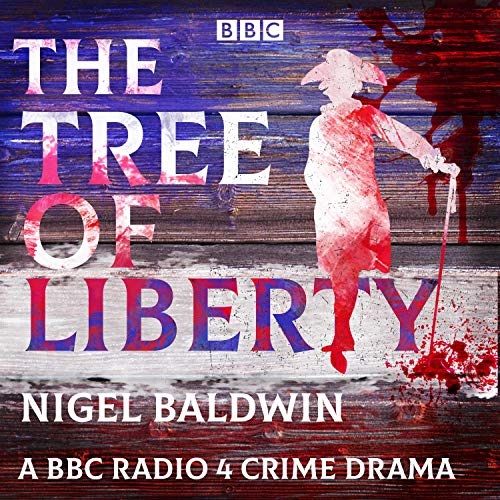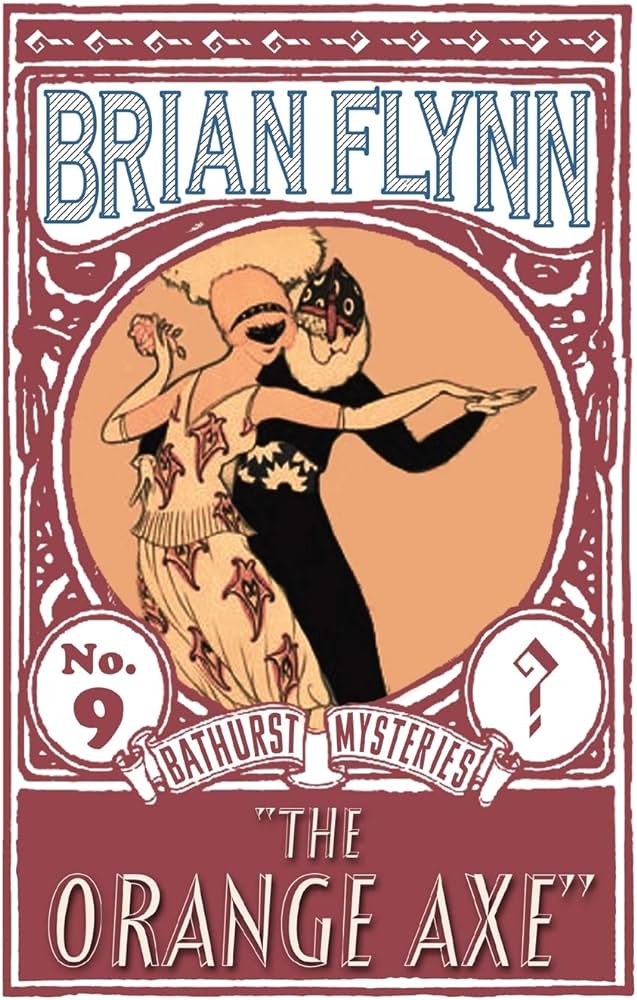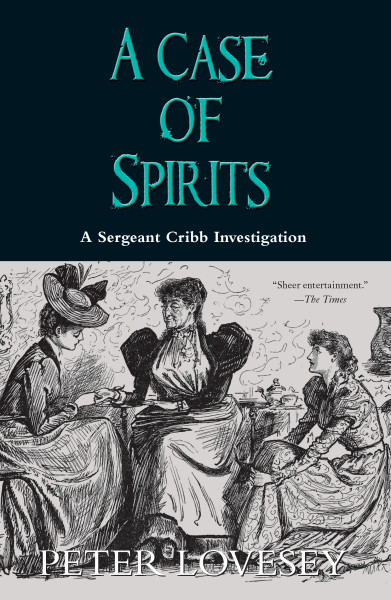
E. R. Punshon
Originally Published 1946
Bobby Owen #22
Preceded by There’s A Reason for Everything
Followed by Helen Passes By
As I noted in my review of another E R Punshon novel, Diabolic Candelabra, I have been guilty of taking advantage of introductory pricing and sales from Dean Street Press, amassing a large digital library I have barely started to read. While it has taken me nearly half a year to get around to giving another book in the series a try, I came to It Might Lead Anywhere feeling quite intrigued by its premise.
Policeman Bobby Owen hears word of a religious riot taking place in a nearby village and, though it is not in his jurisdiction, he heads over to try to break it up. He discovers that among the villagers is Duke Dell, a former boxer who now passionately preaches what he calls The Vision. His views frustrate many within the community but one of the villagers, Alfred Brown, seems to have been drawn to him. In the course of the riot that Bobby witnesses Dell thrown Brown into the river with such force that his head begins to bleed.
The next day Brown is discovered dead in his cottage by a police officer who happens to be passing the home and notices the wireless playing and the door ajar. Entering the home he sees that Brown has been brutally beaten to death with a poker. Though he has no authority in the area, Bobby decides he will consult the area’s Chief Constable and share the information he has. In the course of that conversation he manages to manipulate the Chief into asking Bobby to assist in their investigations.
The sequence in which Bobby subtly convinces Chief Constable Spencer to invite him onto the case is one of my favorites in the whole novel, in part because it brilliantly captures the fragile egos and concern for status that exists in many forms of local government. The tentative negotiations that take place are superbly observed and I liked the working relationship that is established between the two men in the first part of the book.
One of my biggest complaints about Diabolic Candelabra was that I felt I hardly knew Bobby Owen by the end of the novel. While It Might Lead Anywhere still places its focus on the mystery and adventure, I think the novel takes more time to develop the character and showcase his personality. Here we see his method at work, particularly in the way he interacts with the various suspects. Though he is not a large personality here, I think his methodical approach works well and his actions seem logical and clear even if he seems to be making little progress with his investigation for much of the novel.
I continue to enjoy his interactions with his wife, Olive, though she only features in a few short sections of the novel. Their interactions do feel like those of a couple who know each other well and I appreciate that Olive does have some input into the investigation, although there is no decisive contribution here. I did find Bobby’s apparent lack of awareness of why his wife was not thrilled to hear that an attractive young woman had flirted with him to be quite entertaining and I do hope that the next Punshon I read features her more prominently.
I have been quite sparing with my description of the plot because this is not a story with a lot of incident or development and so I do not want to reveal too many of this book’s secrets. In spite of the simplicity of this case, I did enjoy the way the story unfolded and I think the case is certainly intriguing, if not particularly dynamic. I would agree with TomCat’s assessment in his excellent review that the plotting is ‘slender’ and just focused on a single problem.
I would add that the cast of suspects is relatively thin and one character can be quickly identified as the likely party. While questions of motive and means remain, this does mean that those approaching this in the hope of a good puzzle may feel a little disappointed in what they find.
In spite of the quite simple plot, I still found that there was plenty to interest me here. While this was published a year after World War Two ended, it is set during the final months of the conflict and it reads like a wartime novel. Having followed PuzzleDoctor’s Do Mention The War series of blog posts about novels written during the conflict I found myself paying more attention than I would normally do to details relating to blackout regulations (lifted in the later days of the war), petrol rationing, fears of invasion as well as a very spam-heavy dinner menu (spam jardiniere, omlette au spam and spam pie all feature – yum!).
Another aspect of the book that pleased me was the characterization which I felt was pretty strong. While one character did stand out to me as the likely murderer, the other suspects were each interesting in their own way and I enjoyed discovering their stories and seeing how they interacted with each other.
While It Might Lead Anywhere is not a classic mystery novel, I did find it to be an enjoyable read and a more satisfying and coherent experience than Diabolic Candelabra. My hope is that when I next return to Punshon I will find a slightly more complex and satisfying mystery along with the atmosphere and the characterization.
Vintage Mysteries Challenge: Set in a small village (Where)




Leave a comment